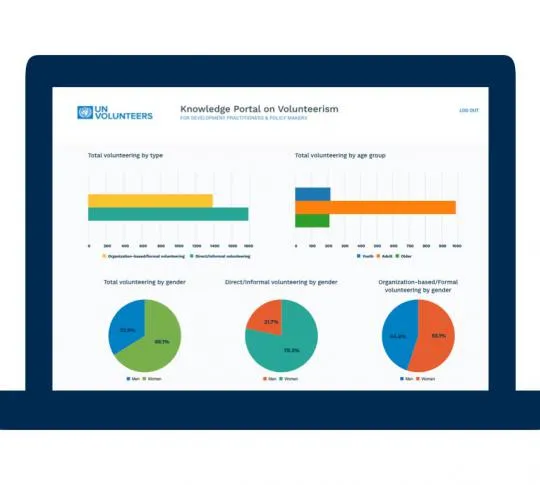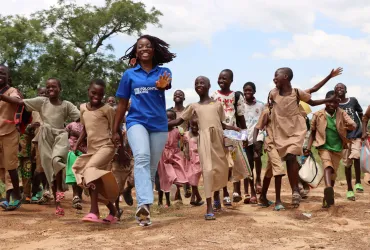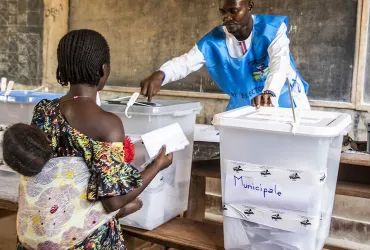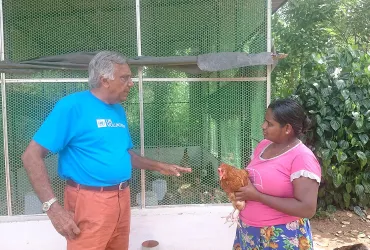Explore the UNV Knowledge Portal to access the latest global, regional and national data and evidence on volunteerism.
Title
Volunteerism

UNV has prepared a short paper on Volunteering Practices in the 21st Century to inform the Global Technical Meeting on Reimagining Volunteering for the 2030 Agenda, convening in July 2020. This revisits the 1999 background paper on Volunteering and Social Development, reviewing and updating the analysis.
Everywhere, every day, people are volunteering to contribute to the Sustainable Development Goals (SDGs). While volunteering practices are diverse, dynamic and ever-changing, we have identified five key components common to most volunteering activities.
Five components
These components manifest in different configurations and intensity depending on how and why volunteer work is done
The United Nations Volunteers (UNV) programme works to build recognition of the contributions of volunteers to the 2030 Agenda and the Sustainable Development Goals, the landmark global commitment to eradicate poverty and achieve sustainable development.
UNV supports intergovernmental dialogues, reports and resolutions on volunteering. We also work to improve knowledge and evidence on volunteerism as a strategy for people to drive the changes that they want to see in their communities and societies.
National Practices
We work with governments and other development stakeholders to strengthen their policies and practices on volunteerism.
United Nations System
We share knowledge and guidance with UN entities on mainstreaming volunteerism for development in frameworks, projects and programmes.
Flagship Publications
We gather evidence and develop products such as the triennial State of the World's Volunteerism Report and associated products.
Intergovernmental process
UNV provides support to resolutions on volunteering and related issues and hosts the secretariat for the Plan of Action to Integrate Volunteering in the 2030 Agenda.
Access to evidence
We also help improve access to evidence to inform policy advocacy through the UNV Knowledge Portal on Volunteerism.
Why what we do matters
...actively volunteer. According to conservative estimates, volunteering contributions are valued at 2.4% of global GDP.
...of every major crisis, using local knowledge to save lives and livelihoods.
...for collective action, civic engagement and participation of all, widening the opportunities available to people to effect change.
...in many ways from volunteering, including health and wellbeing, reduced social isolation and increased skills.
...that volunteering as a development approach has a distinct advantage in its ability to build equitable relationships with those often left behind.
More than 70 UN Member States have now highlighted the role of volunteers in their Voluntary National Reviews on the SDGs, and 95 UN Member States work through official statistics. Volunteering is specifically highlighted as a key strategy for South-South Cooperation between countries as well as essential to respond to many sectoral or thematic issues.






